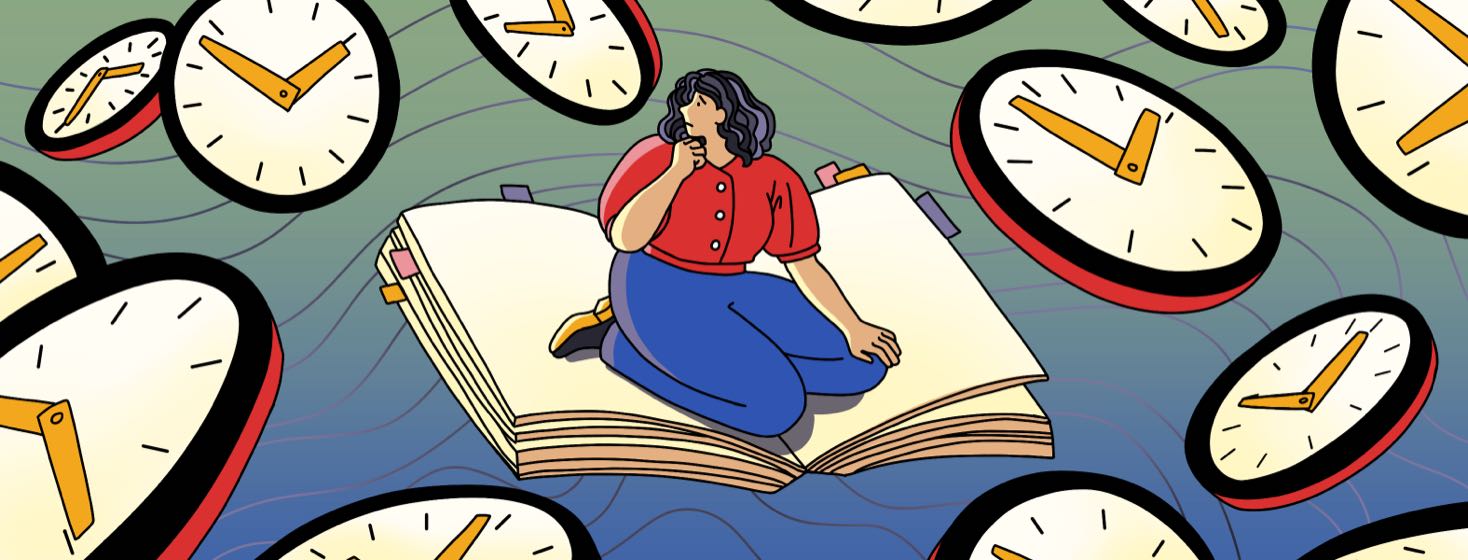Patient as a Patient
Being a patient - it is not a title we choose or something we choose to enter into. It is forced upon us when our amazing human body stops working fully as it should.
What is the definition of (the noun) patient? A person who is under medical care or treatment.1
Being a patient can be tough for so many different reasons. Firstly, the acceptance that everything is not working as it should be.
Being a long-term patient
In some cases, it might be a minor illness or ailment which requires perhaps some medication for a short period of time or a small procedure. It is perhaps inconvenient or, at worst, slightly uncomfortable. However, sometimes in life, people are thrown into being a patient for a much longer time. For weeks, months, or even years.
Bladder cancer is definitely sits in the latter for these categories.
Thrown into a world of unknowns
Until my bladder cancer diagnosis, in general, I had been blessed with overall good health for my first 40 years of life. Whether or not this meant it hit me harder or not, I won’t ever really know.
I do know, however, that my lack of need to see my doctor until that point of my life or the hospital made things, especially in the early days post-diagnosis, very challenging.
I was thrown into unknown environments. To places which, unlike in my working life, I was unfamiliar with. How would I know if what I was being told was the correct next step? How would I truly know what to expect next?
Not one of my best attributes
I quickly learned to write everything down. This meant I could review the information again later and process it properly. I soon learned that my specialist doctor was one of the most experienced in the country, and I needed to trust him.
I also learned one of the hardest things for me personally. I had to learn to be patient. My friends and family will tell me that being patient is not one of my best attributes!
What is the adjective definition of a patient?
Bearing provocation, annoyance, misfortune, delay, hardship, pain, etc., with fortitude and calm and without complaint, anger, or the like. Quietly and steadily persevering or diligent, especially in detail or exactness.1
I had to be patient when waiting to hear what the next step would be. I had to be patient waiting for the next appointment. I had to be patient as I waited for the results of each test or scan.
This certainly tried my patience.
Serious illness makes being patient harder
Heightened emotions when phased with serious illness are normal. This makes being patient even harder.
I questioned everything. What if someone has missed something? What if being patient is costing me as a patient? What if things are getting worse while I sit here, being "patient"?
I felt completely out of control of almost everything in my life. I couldn’t control the impact eating different food would have on my fistula caused by cancer. I couldn’t control when I would get an appointment for the next essential scan. I couldn’t control my kidney function or my blood count.
Also, due to my late-stage cancer at diagnosis, I ultimately could not control if I would live or die, and that was so very scary.
Nothing was happening quickly enough
When any emotion is heightened within me: anxious, annoyed, or even happy, I become even less patient than normal.
It wasn’t sustainable to wait for every next step, constantly impatient, always feeling as nature would expect of us as a human in this situation, that nothing was happening quickly enough.
Instead, I focussed on what I could control.
Learning to be patient as a patient
I could ensure I asked any questions when things were not clear. I could ask for approximate timelines for the next steps to help set realistic expectations of what was to come.
However, the biggest step forward was to accept the things I could not control. This was definitely the key to me learning to be patient as a patient.

Join the conversation